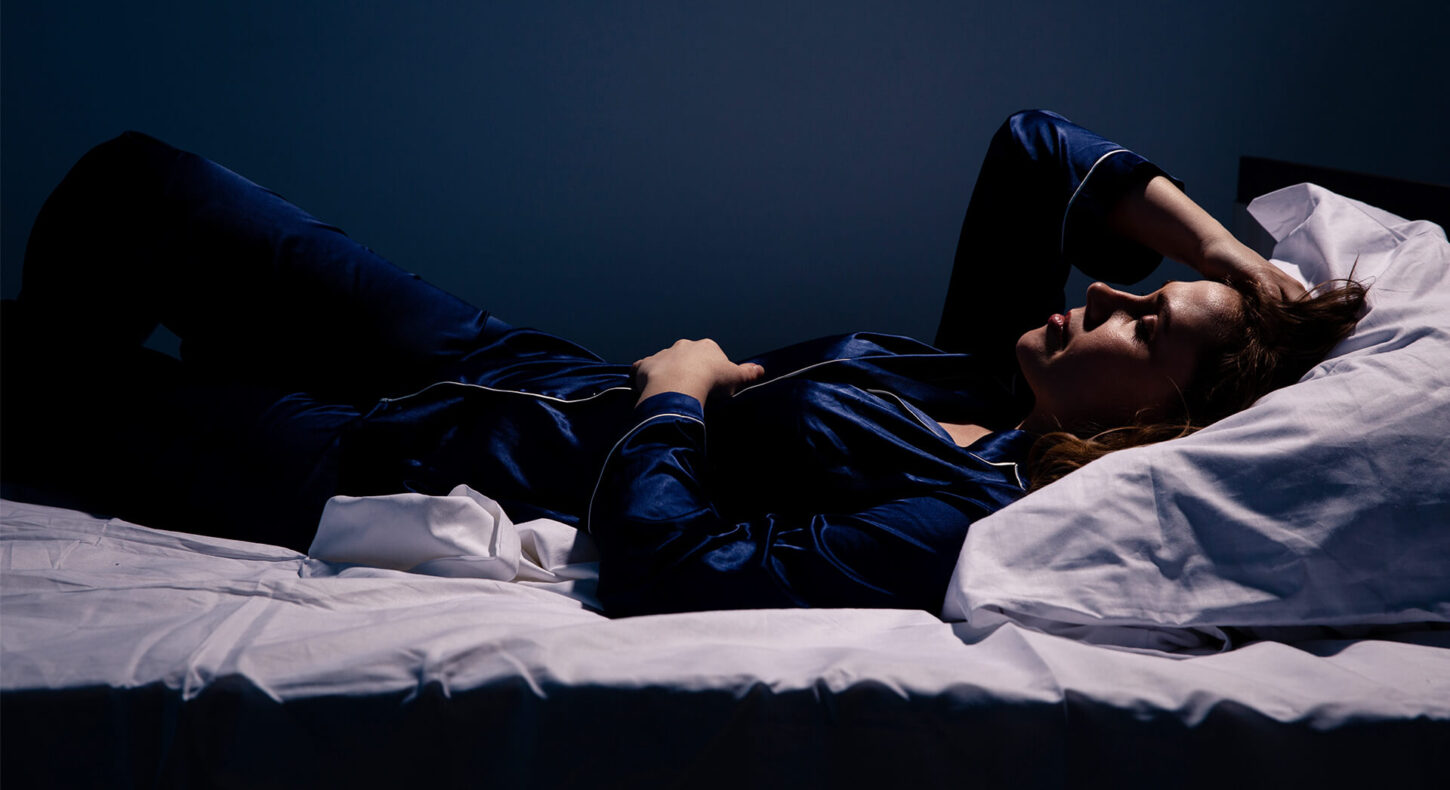Lexapro, also knownas escitalopram , is a prescription drug that is utilised for the treatment of depression and generalised anxiety disorder(GAD). Lexapro Insomnia falls under the category of selective serotonin reuptake inhibitors (SSRIs), which are medications that function by elevating the levels of serotonin in the brain .Serotonin, a neurotransmitter, has a vital functio n in the regulation of mood.
Lexapro is frequently prescribed to address various symptoms associated with depression and anxiety, including persistent feelings of sadness, loss of interest or pleasure in activities, changes in sleep patterns and appetite, feelings of worthlessness or guilt, difficulty concentrating, and excessive worry or anxiety.
What is the connection between Lexapro and insomnia?
Clinical trial data indicates that individuals who used Lexapro were more prone to experiencing insomnia.
In a specific trial, 9% of participants reported insomnia while taking Lexapro, in contrast to only 4% who were on a placebo.
It is important to note that individuals in the placebo group did not receive an active form of the medication.
Although researchers have established that Lexapro elevates serotonin levels in the brain, the precise impact on sleep remains incompletely understood. Studies conducted on this subject have yielded mixed and occasionally conflicting outcomes. The relationship between serotonin, the brain, and sleep is intricate, encompassing numerous factors that need to be taken into consideration.
Optimal timing for administering Lexapro to prevent the occurrence of insomnia
Individuals experiencing insomnia as a side effects of Lexapro may find it beneficial to adjust the timing of their medication intake.
The peak blood concentrations of the drug typically occur approximately 5 hours after ingestion, followed by a gradual decline.
Although there is no recent scientific research specifically addressing the optimal timing for Lexapro consumption, it is plausible that taking it earlier in the day could help alleviate insomnia by reducing concentrations throughout the day.
Therefore, it is advisable for individuals to consider taking Lexapro in the morning as a potential solution.
How to treat insomnia from lexapro?
If you are experiencing insomnia as a side effect of Lexapro, it is essential to consult your doctor before making any changes to your medication or treatment plan.
However, here are some general recommendations that may assist in managing insomnia:
- Timing of Medication:
Take Lexapro at the same time every day, preferably in the morning. This can help minimise its impact on sleep.
- Discuss Dosage Adjustments:
If insomnia persists, discuss the possibility of adjusting the dosage or trying a different medication with your healthcare provider.
- Sleep Hygiene:
Develop a regular sleep schedule by adhering to a fixed bedtime and wake-up time each day, including weekends. Construct a pleasant sleep setting characterised by a cool, dimly lit, and tranquil room.
- Limit Stimulants:
Reduce or eliminate the intake of caffeine and nicotine, especially in the evening.
- Relaxation Techniques:
Practice relaxation techniques before bedtime.
- Physical Activity:
Engage in regular physical activity, but try to avoid intense exercise close to bedtime.
- Cognitive Behavioral Therapy for Insomnia (CBT-I):
Consider seeking the guidance of a doctor trained in CBT-I, a structured program that helps improve sleep patterns and habits.
- Discuss with Your doctor:
Inform your doctor about your insomnia symptoms.
It is important to note that these suggestions are general and may not be suitable for everyone.
How long does insomnia last on Lexapro?
Lexapro can potentially lead to insomnia for a period of 1-2 weeks, or it may persist throughout the duration of your treatment. In the event that these symptoms become significantly bothersome, it is important to promptly inform your doctor.
They may consider switching you to an alternative medication or adjusting your dosage. Alternatively, they may suggest waiting for a few weeks to see if the situation improves.
Does Lexapro make you feel weird at first?
During the initial week of taking Lexapro, it is possible to experience certain side effects. Some of the most commonly reported side effects during this period include
- Anxiety
- Constipation
- gastrointestinal issues
- decreased sexual desire
- difficulty sleeping
- dizziness or shakiness
- Drowsiness
- dry mouth
- Fatigue
- Headaches
- increased sweating
- nausea.
However, it is important to note that these side effects are likely to diminish after the first week of medication.
If these symptoms persist beyond the initial week, it is advisable to consult a doctor. In such cases, the doctor may consider adjusting the dosage of Lexapro to alleviate the side effects or may even prescribe an alternative medication.
Does SSRI insomnia go away?
The duration of insomnia caused by Lexapro can persist for the initial 1-2 weeks and subsequently subside.
Nevertheless, individuals may encounter distinct experiences while consuming this medication.
It may be essential to identify additional potential factors leading to insomnia.
Furthermore, insomnia can also be influenced by the side effects of other medications being taken.
How long does it take to get used to Lexapro?
Lexapro can potentially lead to insomnia for a period of 1-2 weeks, or it may persist throughout the duration of your treatment. In the event that these symptoms become significantly bothersome, it is important to promptly inform your doctor.
They may consider switching you to an alternative medication or adjusting your dosage. Alternatively, they may suggest waiting for a few weeks to see if the situation improves.



